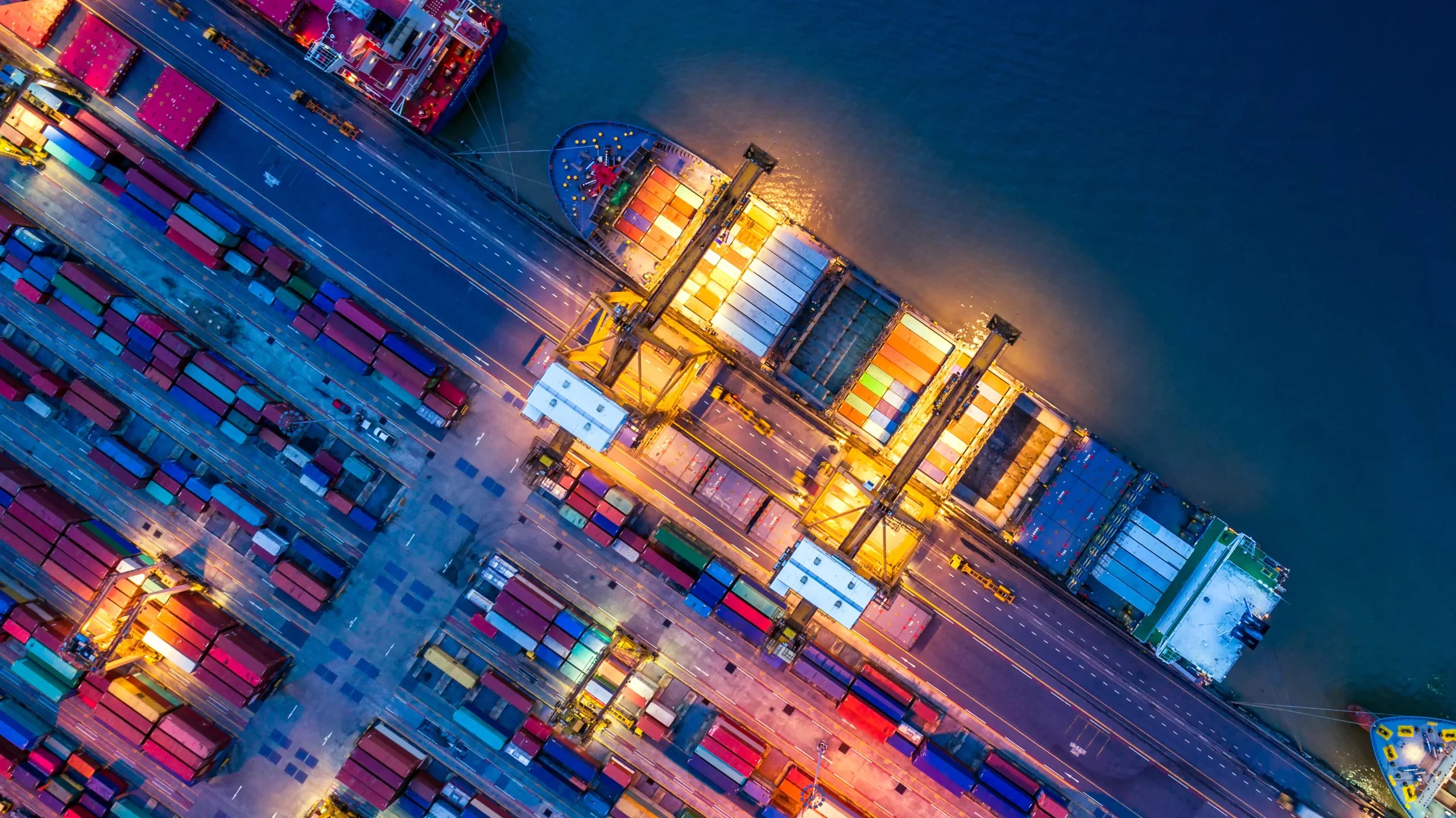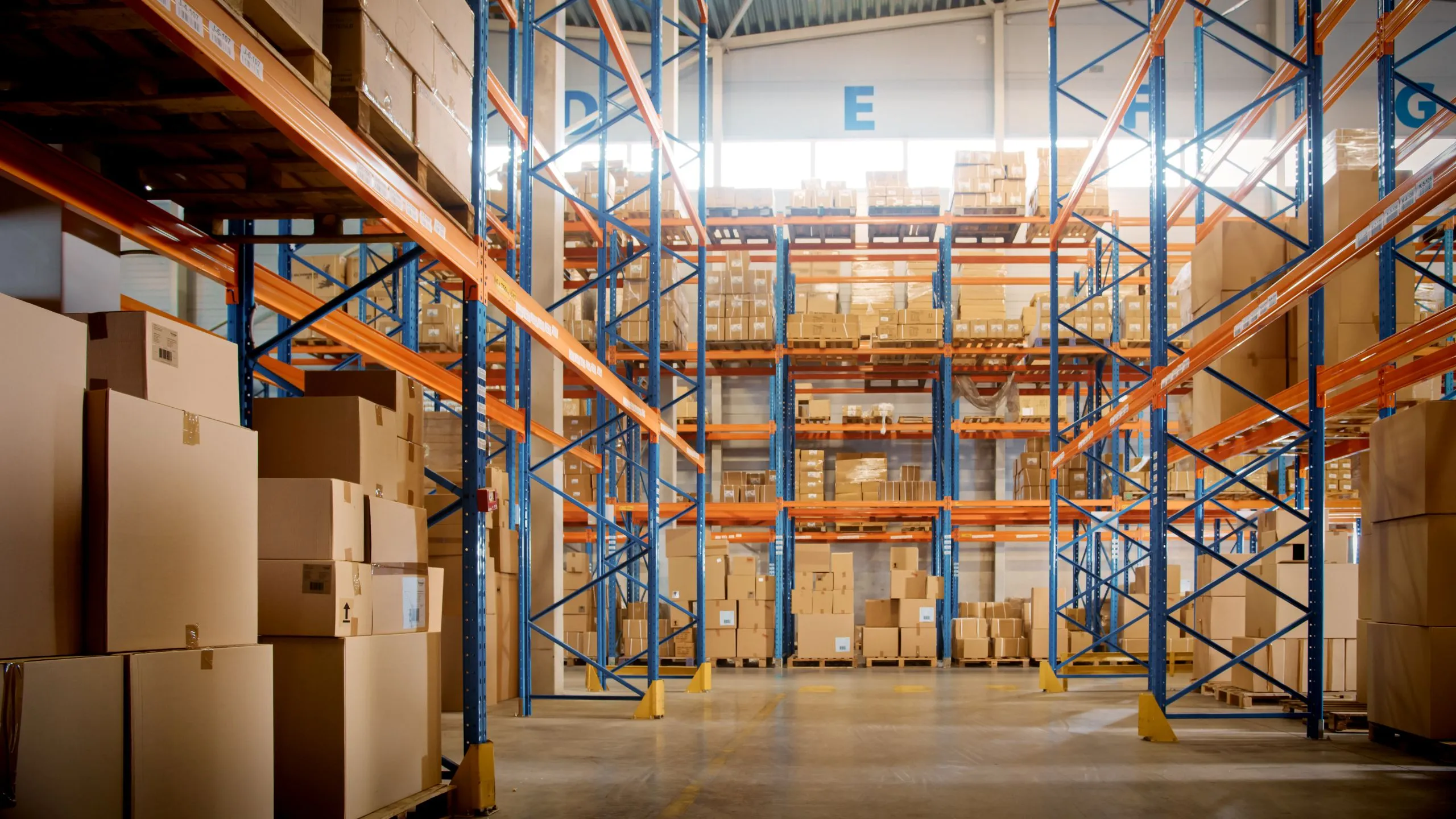One of the most important issues that almost everyone considers e-export to European Union countries should know is the IOSS number. Because to engage in e-export to EU countries, you need to prepare your business according to the valid VAT rules in the EU countries. At this point, the IOSS number facilitates your international trade processes and ensures VAT payment from a single location.
In this content, you can find all the details such as the IOSS system with the customs exemptions that changed on 1 July 2021, the advantages of the IOSS system, the answer to the question of how to get an IOSS number and the VAT rates of the European Union countries.
What is IOSS number?
Import One Stop Shop, known as the IOSS number, is an electronic portal where sellers exporting to European Union member countries report and pay VAT on their sales. IOSS has the task of transferring VAT payments made in this system directly to the relevant country. The IOSS number is important for marketplaces, e-commerce businesses and those who will make sales to European countries. With the IOSS number, you are electronically committed to the obligations you need to do in the e-commerce sector.
Important Note: Some changes have been made to the European Union VAT Law in order to create an equal commercial environment for everyone. Before 1 July 2021, VAT was not paid for shipments with a value of less than 22 euros. According to the updated law, the VAT exemption has been abolished.

How to get IOSS number?
The question of how to get an IOSS number is another important issue at this point. You can work with an intermediary institution to obtain an IOSS number. The following conditions must be fulfilled to obtain an IOSS number. To get an IOSS number, you must have a registered business in a European Union member state. You must then appoint a representative in the EU and your representative must apply to the Tax Administration. Once your application is approved, you will be issued a special IOSS number and you can now e-export.
- You must be selling electronically.
- The sales amount must be 150 euros or less.
- Making sales from countries other than the member states of the European Union.
- Selling products subject to special consumption tax.
In addition to all these conditions, we recommend that the shipments be sent as DDP for smooth shopping. Customs costs that will occur in products sent as DAP may cause situations such as the buyer’s rejection and product cancellation. This means additional procedures and additional costs. However, some marketplaces can share IOSS numbers with sellers.
How to appoint an intermediary based in EU countries?
In cases where there is no authorised institution within EU countries, an institution located in the EU must be authorised. With these intermediary organisations for your business, monthly VAT declarations are submitted with the IOSS identification number and the VAT due is paid to the tax authorities.
What are the advantages of the IOSS system?
The IOSS system offers various advantages to sellers and customers for a seamless shopping experience. Let’s talk about the benefits of this system, which has separate advantages for sellers and customers, for both parties.
Advantages of the IOSS system for sellers
- You can submit VAT declaration, make payment and realise collection through the IOSS system. In this way, you have to deal with less bureaucratic procedures.
- When exporting to EU member countries, your customs procedures will be faster.
- Instead of making an agreement with customs clearance companies for each EU country you sell to, you can handle your customs clearance transactions from a single point.
- You can easily get a VAT refund for returned products.
- The brand loyalty of your customers who have a transparent and easy shopping experience increases.
Advantages of IOSS system for customers
- Customers do not face customs duty and additional tax payments. They pay safely on VAT-inclusive prices at the time of purchase.
- Shopping is smooth and simple. There is no need to log in to any place or platform for VAT or customs fees.
- Since the seller has an IOSS registration, customs procedures proceed quickly and faster delivery takes place.

What are the conveniences of IOSS number in e-export?
IOSS number provides advantages to open the doors of globalisation in e-export, to be able to exist in competition, and to facilitate international business. In addition, it alleviates the time-consuming workload in customs processes for both the buyer and the seller and saves money. Another convenience of the IOSS number in the e-commerce and e-export sector is to promote international trade. IOSS, which is a key to being accessible to the EU market, makes it easier to sell for SMEs and many marketplaces.
| Shipment with IOSS number | Shipment without IOSS number |
| Convenience in customs processes | Time-consuming processes in customs processes |
| Easy and fast procedure | Complex difficult procedures |
| Single point of delivery | Agreement with customs clearance companies for the destination country |
| High customer satisfaction and user experience | Product cancellation and customer loss due to tax cost |
| Fast and problem-free delivery | Delay and hold-up in delivery |
| Increase in customer loyalty | Decrease in customer loyalty |
| Easy VAT refund on returned goods | No VAT refund on returned goods |
| Transparent shopping where no extra costs arise | Risky shopping where extra costs may arise |
| Less time-consuming approval process | Transactions that prolong the approval process |
You can find detailed information about the sector by taking a look at our content on what is e-export and how to do it.
Who should get an IOSS number?
Marketplaces and sellers can benefit from many advantages if they register with the IOSS system.
Marketplaces: Global marketplaces such as Amazon, Aliexpress, eBay, and Wish, which are responsible for the VAT payments of their sellers, have to register with IOSS.
Sellers: Sellers with stores nin marketplaces such as Amazon, Etsy, and eBay can sell with the platform’s IOSS number. Sellers who sell through their own e-commerce website need to register with IOSS.
*In cases where an IOSS number is not obtained, the tax must be paid by the consumer placing the order in the receiving country. Although the customer has been informed about the product sale, additional costs or product cancellation may occur at points such as the customer not seeing this information.

How do those who have their own e-commerce website get an IOSS number?
If you have your own e-commerce website and you are thinking about how to proceed with IOSS processes, the first step is to have a company. You can get support from consultancy companies to get a valid IOSS number in Europe on behalf of your company in Turkey.
In which countries is the IOSS number valid?
There are many European countries with IOSS registration systems. These countries include Germany, Austria, Belgium, Bulgaria, Czechia, Denmark, Netherlands, Estonia, Finland, France, Croatia, Cyprus, Greece, Ireland, Italy, Latvia, Lithuania, Luxembourg, Hungary, Malta, Poland, Portugal, Romania, Slovakia, Slovenia, Spain, Sweden. Although the IOSS number is valid in all countries that are members of the European Union, there are system differences according to the conditions and policies of the countries.
What is required for IOSS VAT declaration procedures?
When getting an IOSS number, you also need to have information about VAT declaration. Knowing the following items about VAT declaration will help you in this process.
- IOSS registration number
- Country of supply of the product
- Product supply date, quantity and product name
- Amount to be taxed
- Any reduction or increase in the amount to be taxed
- VAT rate
- VAT payable amount
- Amount and date of payment received
- Billing information
- Cargo detail information
- Product document to create a return
- Order or transaction number
- Distribution shipment number
European Union countries VAT rates 2023
VAT rates in EU member states vary between 18% and 27%. Here are the VAT rates applied in the European Union member countries:
| Country | VAT Rates |
| Germany | 19% |
| Austria | 20% |
| Belgium | 21% |
| Bulgaria | 20% |
| Czech Republic | 21% |
| Denmark | 25% |
| Estonia | 20% |
| Finland | 24% |
| France | 20% |
| Croatia | 25% |
| Netherlands | 21% |
| Ireland | 21% |
| Spain | 21% |
| Sweden | 25% |
| Italy | 22% |
| Cyprus | 19% |
| Latvia | 21% |
| Lithuania | 21% |
| Luxembourg | 17% |
| Malta | 18% |
| Hungary | 27% |
| Poland | 23% |
| Portugal | 23% |
| Azores Islands | 18% |
| Madeira Island | 22% |
| Romania | 19% |
| Slovakia | 20% |
| Slovenia | 22% |
| Greece | 24% |




